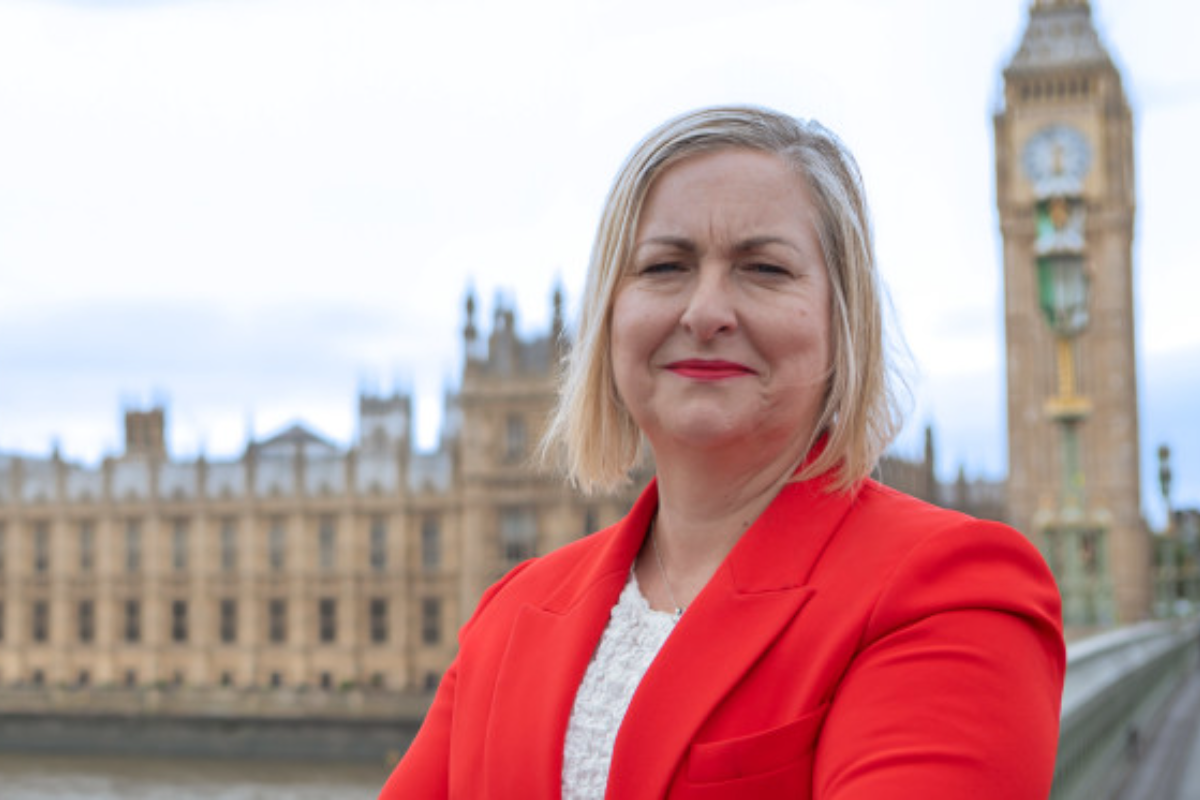
Councillors in the East Riding have carried a motion against a controversial government planning clause.
Clause 46 of the Planning and Infrastructure Bill in England focuses on delegating planning functions.
It allows the Secretary of State to set out which planning functions are decided by officers and which by planning committees.
Jeremy Wilcock is one of those who supported the motion against clause 46.
He says councillors play a vital role in representing local views and making planning decisions that reflect the needs of their areas:
"The role councillors play in the planning system is the backbone of that system, that is the way it should remain. Councils approve 85 to 90% of planning applications actually.
"So councillors are not blocking development. They're facilitating it, and they're doing so with community consent and local insight. The very things that make planning sustainable and defensible. Now, this bill could have been an opportunity to empower communities to speed up sustainable development to protect biodiversity and unlock infrastructure delivery.
Instead, the government has chosen the path that centralises power in Whitehall undermines local decision-making and crucially erodes trust in the planning system."
Clause 46 can also dictate the size and composition of planning committees.
The clause is intended to standardise planning decision processes across England.
Councillor Wilcock's Lib Dem colleague Denis Healy brought the motion against the clause, saying he believes in localism, transparency and the primacy of communities in shaping their own futures, adding:
"Clause 46 of the Labour government's planning and infrastructure bill, currently progressing through Westminster Committee stages is not simply a technical amendment to planning law, but a fundamental shift in power away from elected councillors and local people and into the hands of ministers in Whitehall.
"Unelected planning officers in county hall. So this risks creating a double democratic deficit. Not only are decisions removed from councillors by central government, but even where decisions are local, they will increasingly rest with officers. And even though our planning officers are exemplary in so many ways, they're so supportive of us, they are not directly answerable to the public."




 Flood Warnings Issued For Scarborough's Sandside & Foreshore Road
Flood Warnings Issued For Scarborough's Sandside & Foreshore Road
 East Riding Council Facing "Tough Decisions" as New Operating Model Signals Looming Redundancies
East Riding Council Facing "Tough Decisions" as New Operating Model Signals Looming Redundancies
 Location for Scarborough's 400th Anniversary Sculpture Confirmed
Location for Scarborough's 400th Anniversary Sculpture Confirmed
 New Chief Exec for Yorkshire Air Ambulance
New Chief Exec for Yorkshire Air Ambulance
 Scarborough and Whitby MP Presses for Burniston Fracking Decision to be Delayed
Scarborough and Whitby MP Presses for Burniston Fracking Decision to be Delayed
 Pickering and Filey MP Criticises Government for ‘Unfair’ Rural Funding Settlement
Pickering and Filey MP Criticises Government for ‘Unfair’ Rural Funding Settlement
 East Riding to Introduce Weekly Food Waste Collections Amid Long-Term Funding Fears
East Riding to Introduce Weekly Food Waste Collections Amid Long-Term Funding Fears
 Eastfield Boxing Club Film to Get Scarborough Premiere
Eastfield Boxing Club Film to Get Scarborough Premiere
 Scarborough Athletic Stunned By Minnows in Senior Cup
Scarborough Athletic Stunned By Minnows in Senior Cup
 Whitby Town Again Hit By Second Half Slaughter
Whitby Town Again Hit By Second Half Slaughter
 Scarborough Café and Flat Plans Opposed by Town Councillors
Scarborough Café and Flat Plans Opposed by Town Councillors
 Bridlington Town Beaten Again Despite Improved Showing
Bridlington Town Beaten Again Despite Improved Showing










Comments
Add a comment